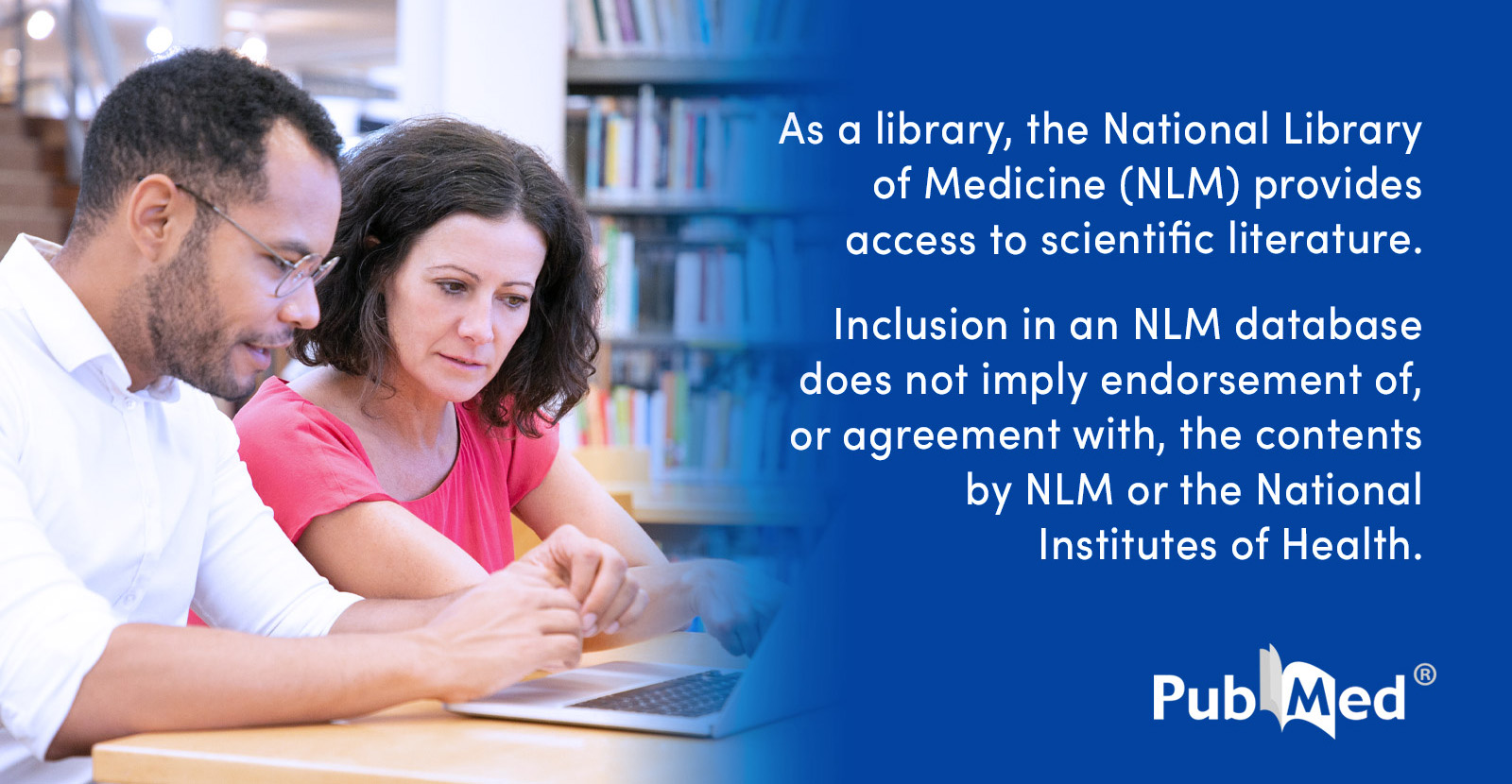@Skorpio
I agree with everything you have written except this:
Something being potentially effective in doing something is actually no guarantee that it must become well known, which sounds counter-intuitive, but look at Naltrexone for example. Considering how effective, especially CONSISTENTLY effective, it is in ultra low doses to keep tolerance at a stable level indefinitely and potentiate the analgesia and high, practically nobody knows of it except maybe a handful doctors and junkies like me who use it. I mean opioid tolerance ought to be history by now thanks to ULDN but it just doesn't catch on to people. The addicts at the maintenance clinic think I'm having a placebo effect or make shit up when I talk about the amazing effects of ULDN.
See, if people don't even take you seriously when it comes to an established drug used off-label for various purposes backed by science, because it all sounds "too good to be true" then what do you think will they say about the potential of ginger in reducing wd? They will not even try it. I'm not saying ginger works doing what the study claims. I have not tried it yet, but this attitude is what prevents people from discovering something potentially helpful even though it felt unbelievable initially. I didn't believe the ULDN hype too at first and had I stopped there...well, I'd be struggling with skyhigh tolerance now, including OIH, side effects and a total lack of euphoria which I desperately need for my debilitating depression.
So what I'm trying to say at the end of the day is this: don't necessarily believe it, but consider it a possibility worthy of attention.

 pubmed.ncbi.nlm.nih.gov
pubmed.ncbi.nlm.nih.gov


